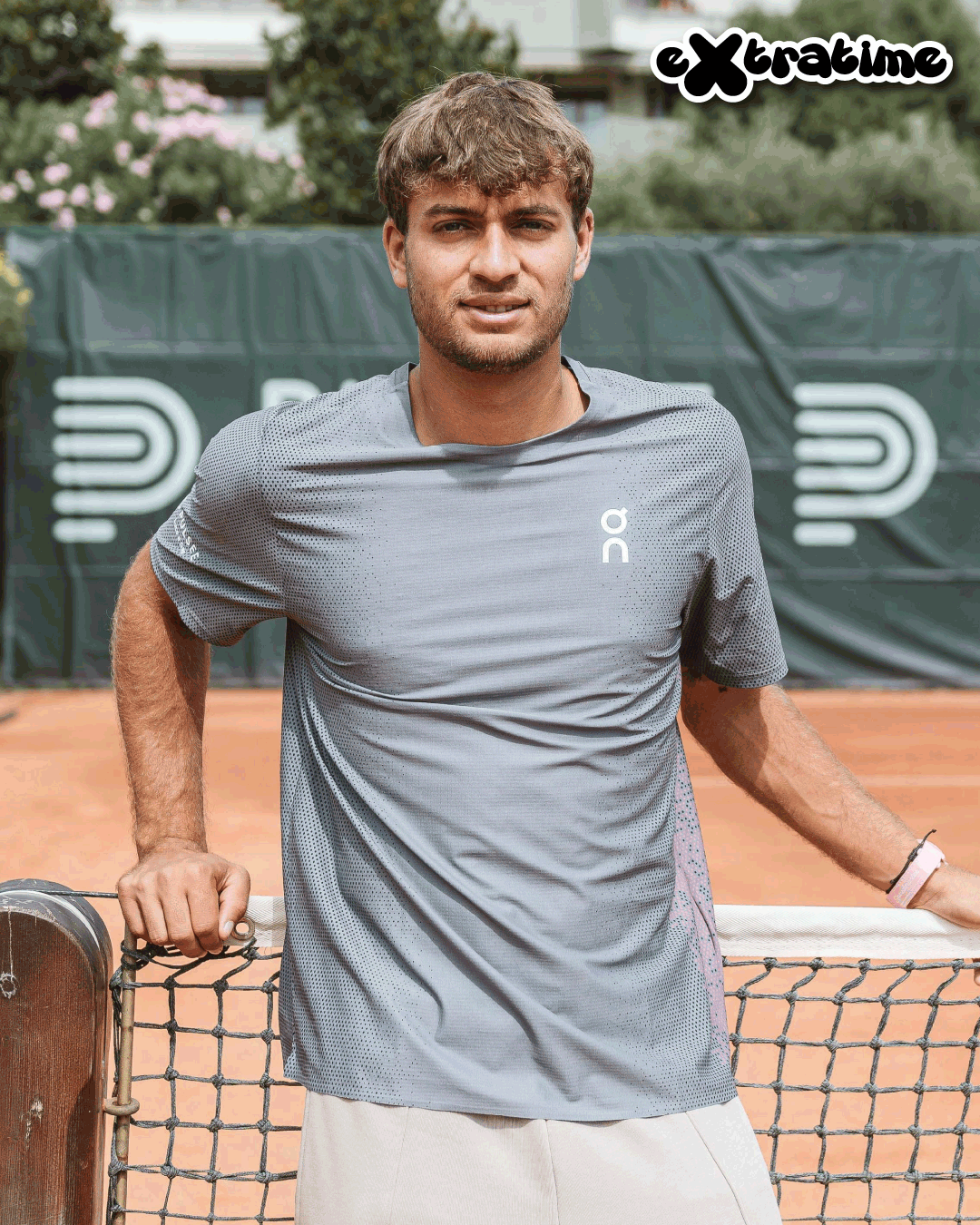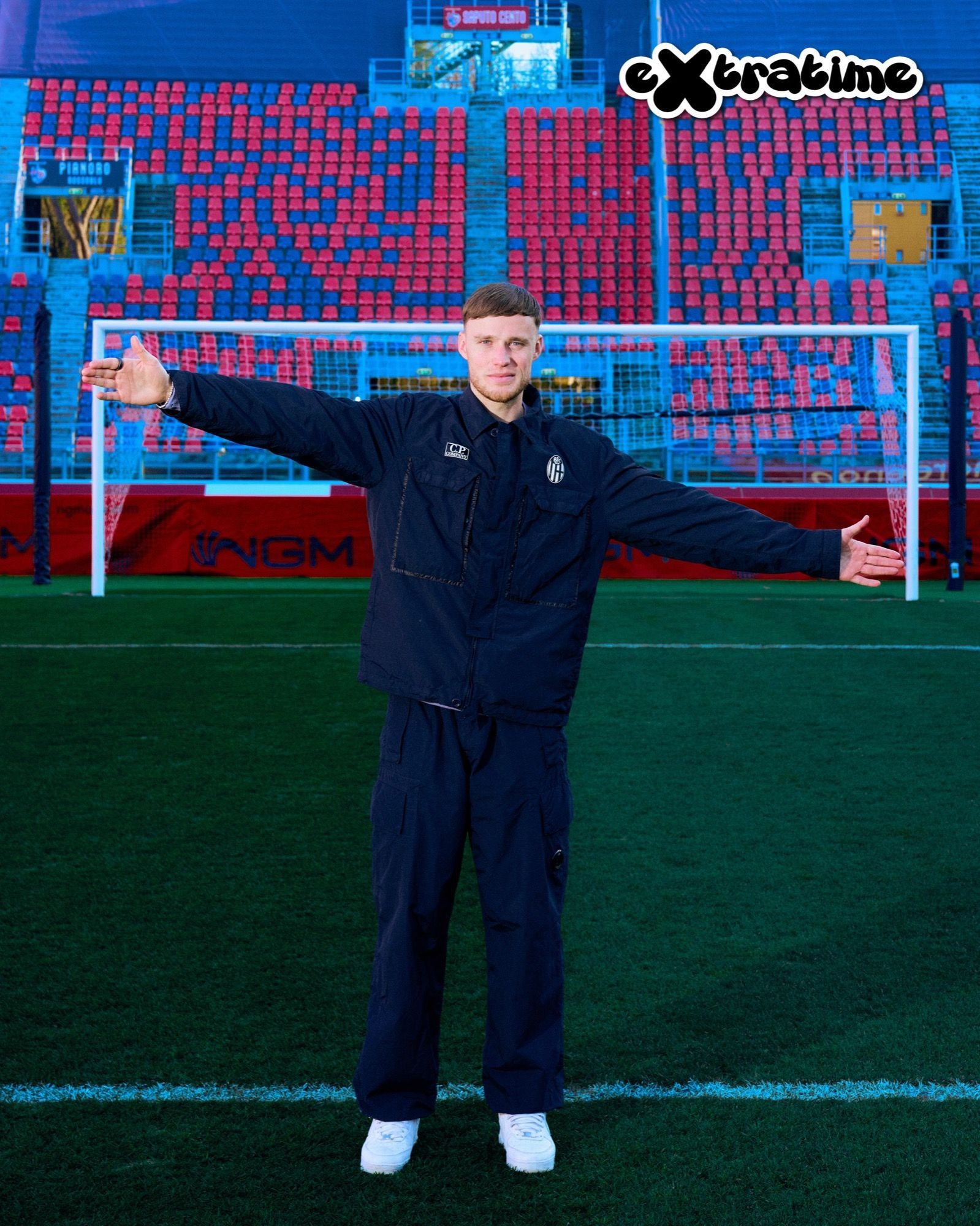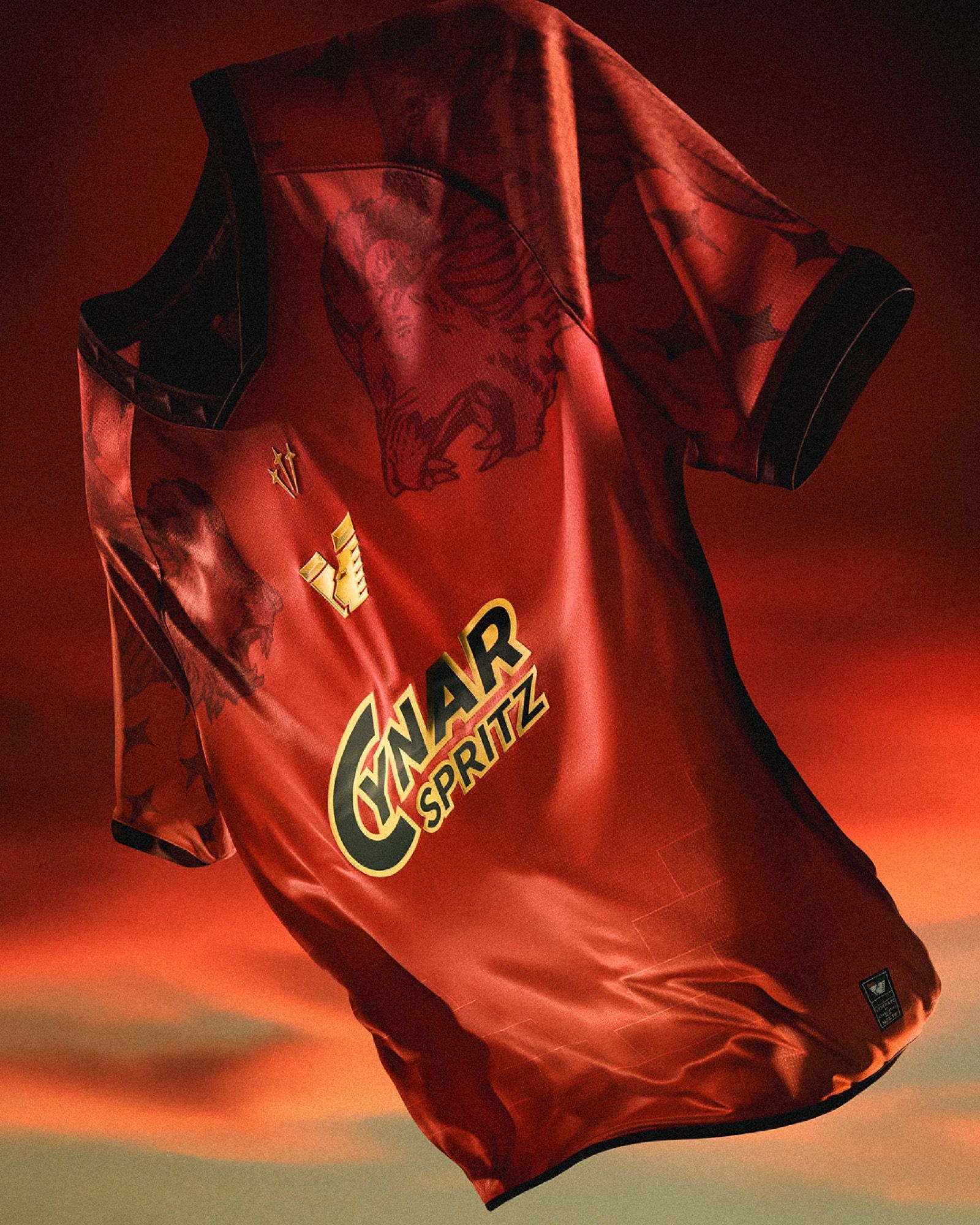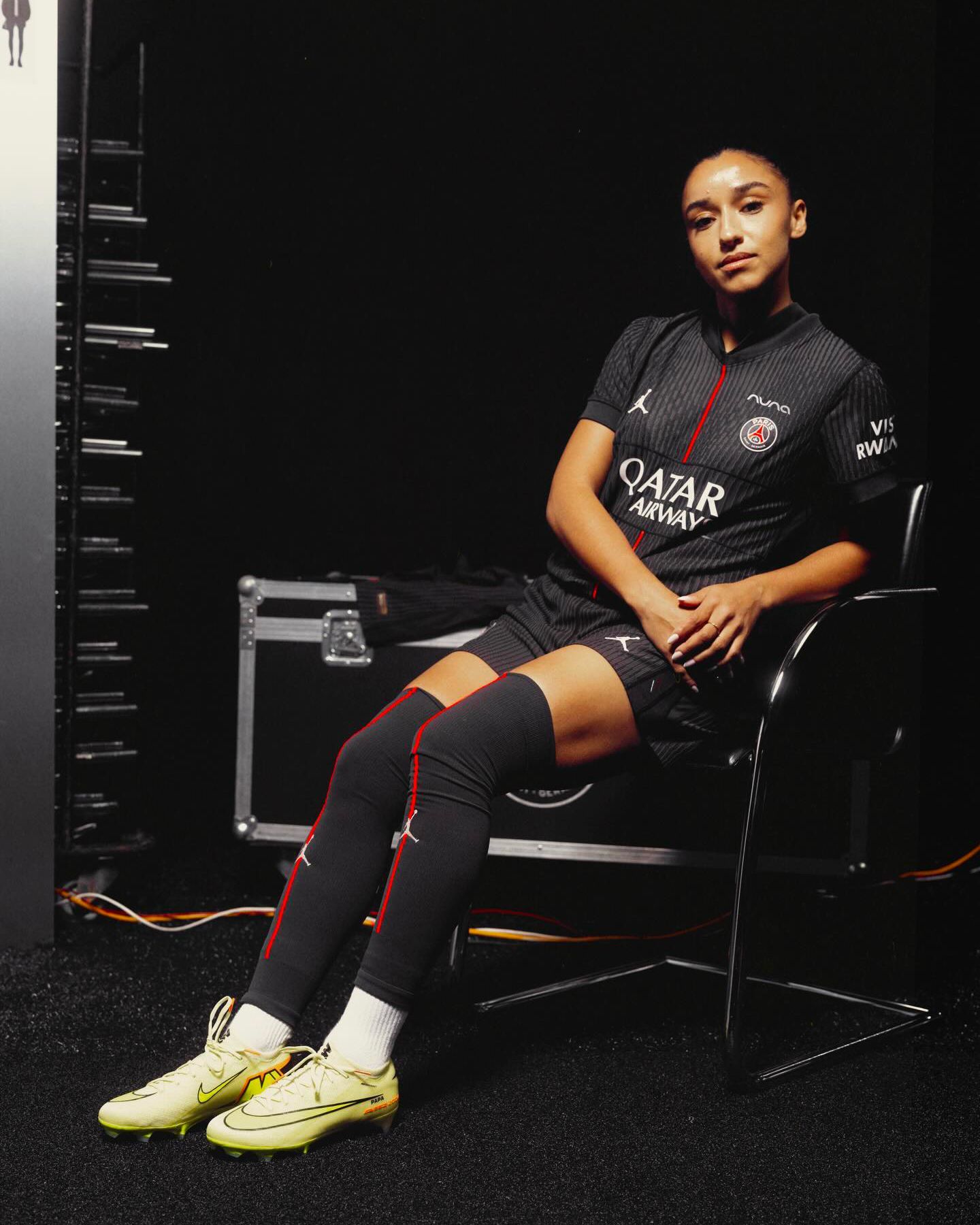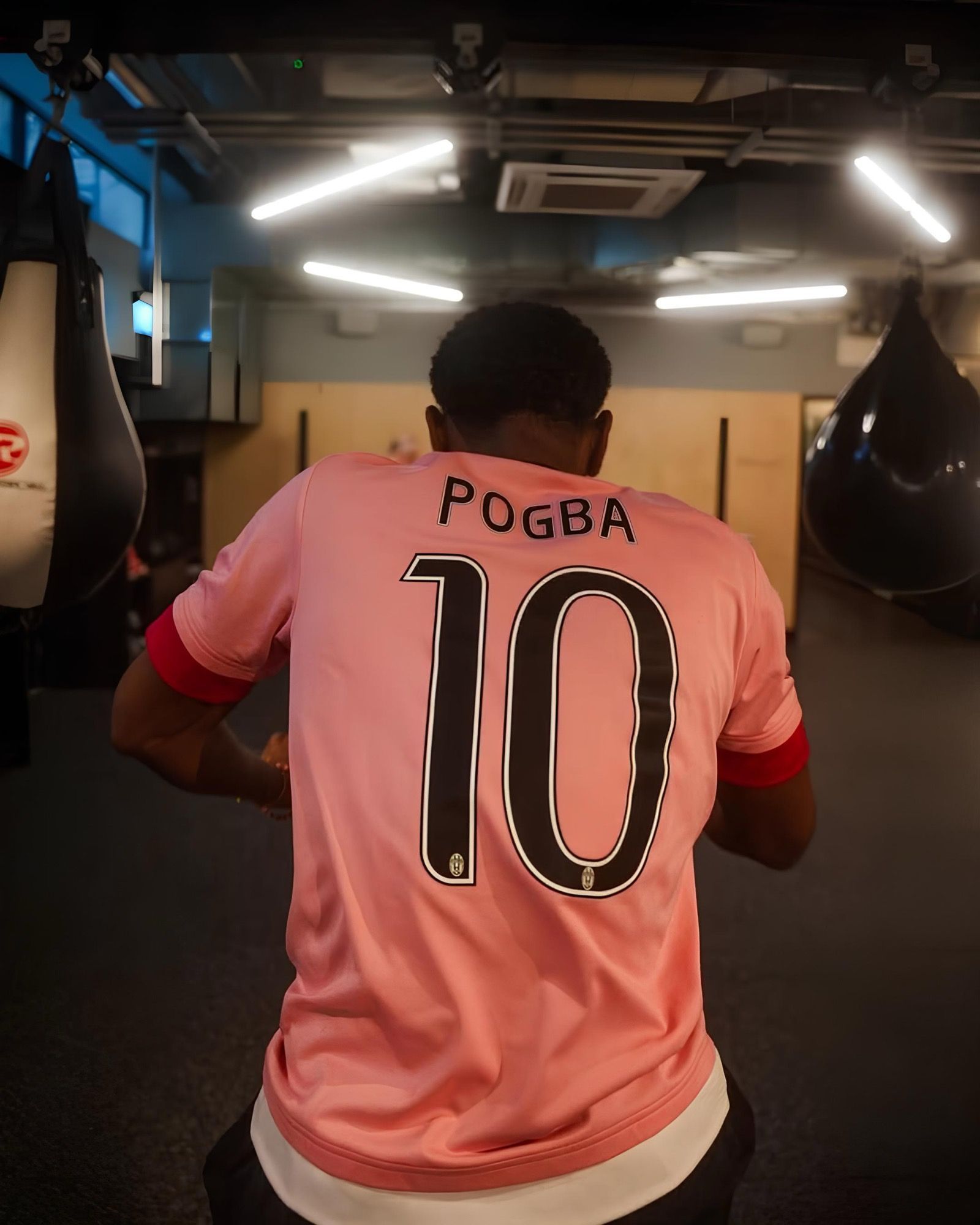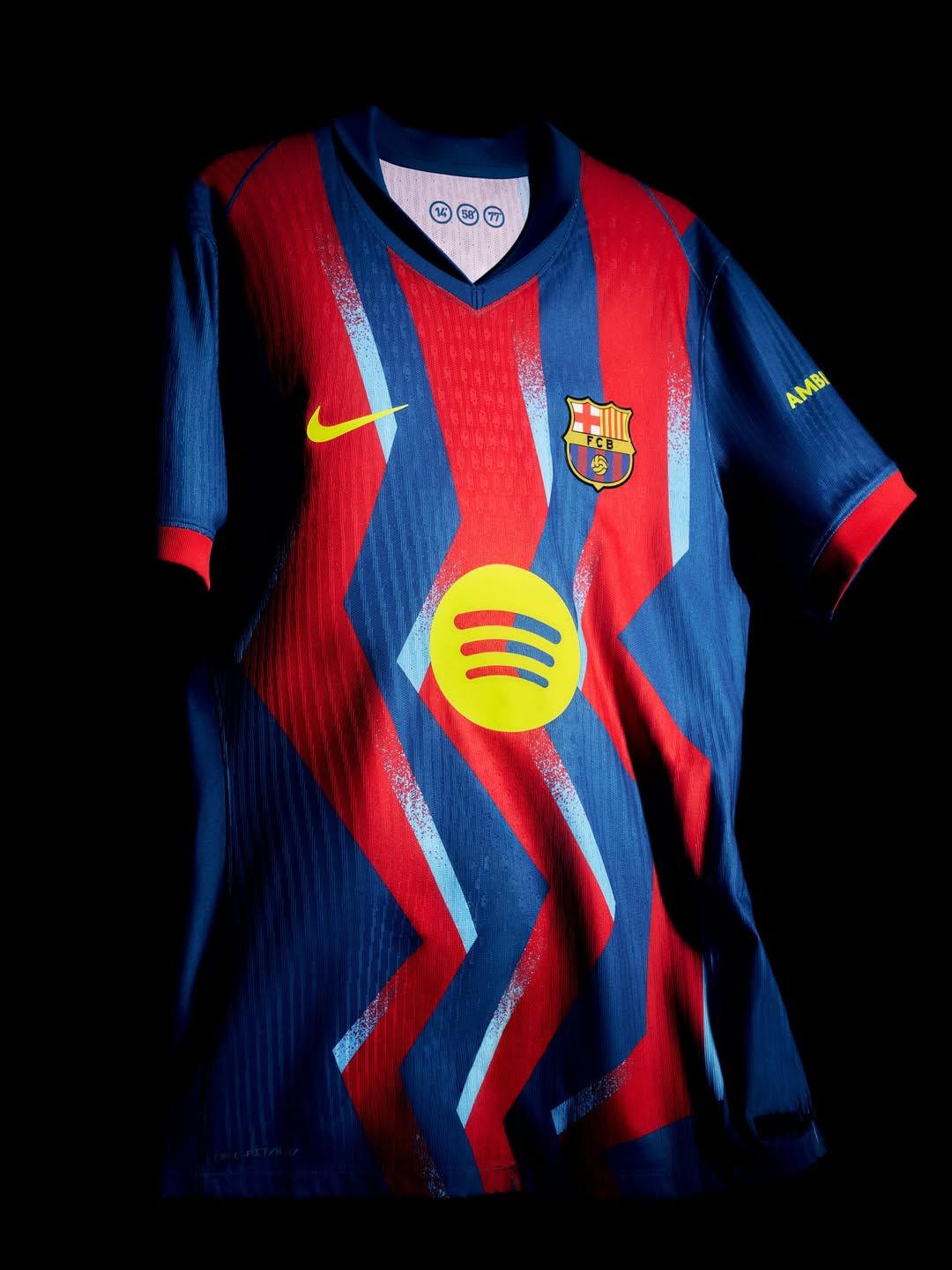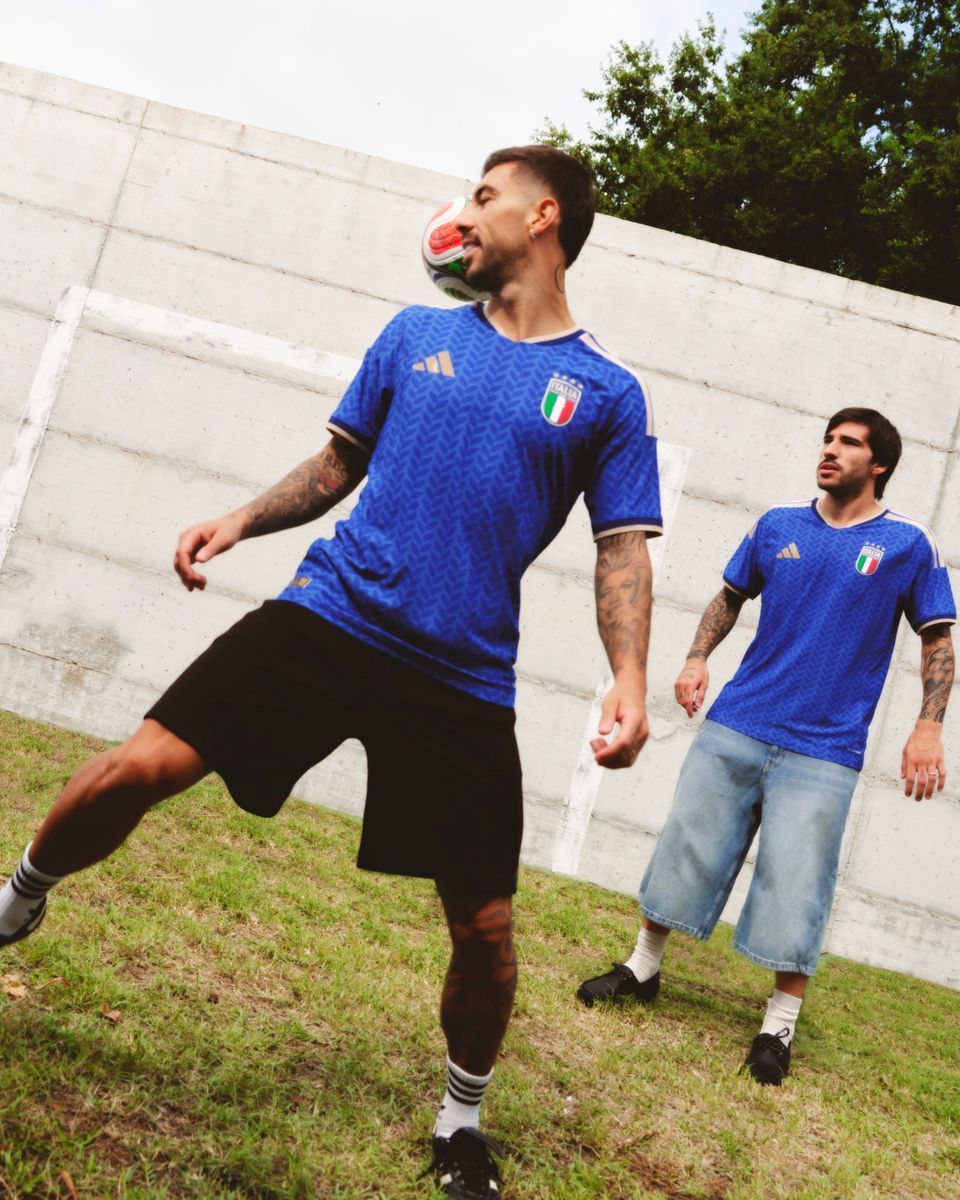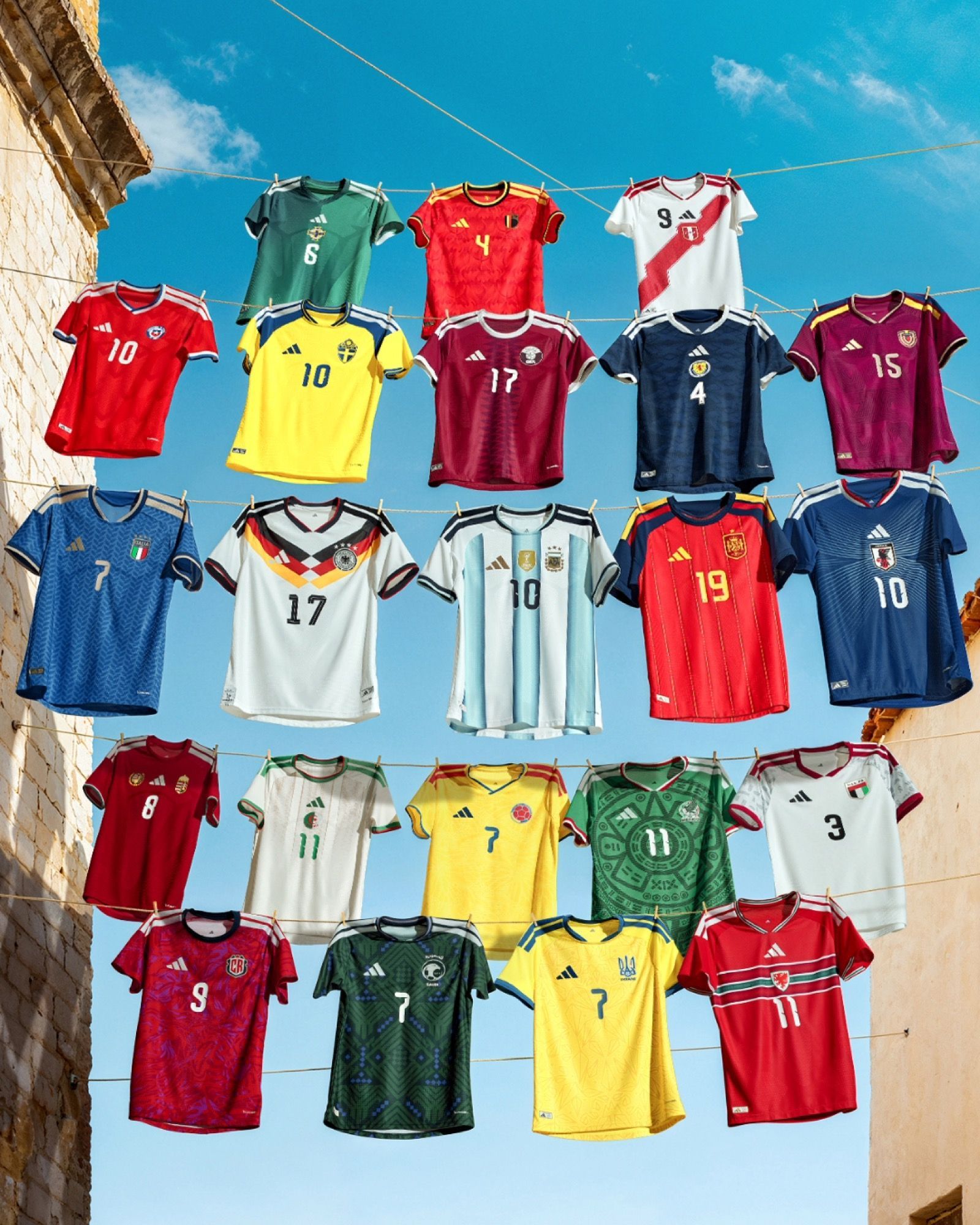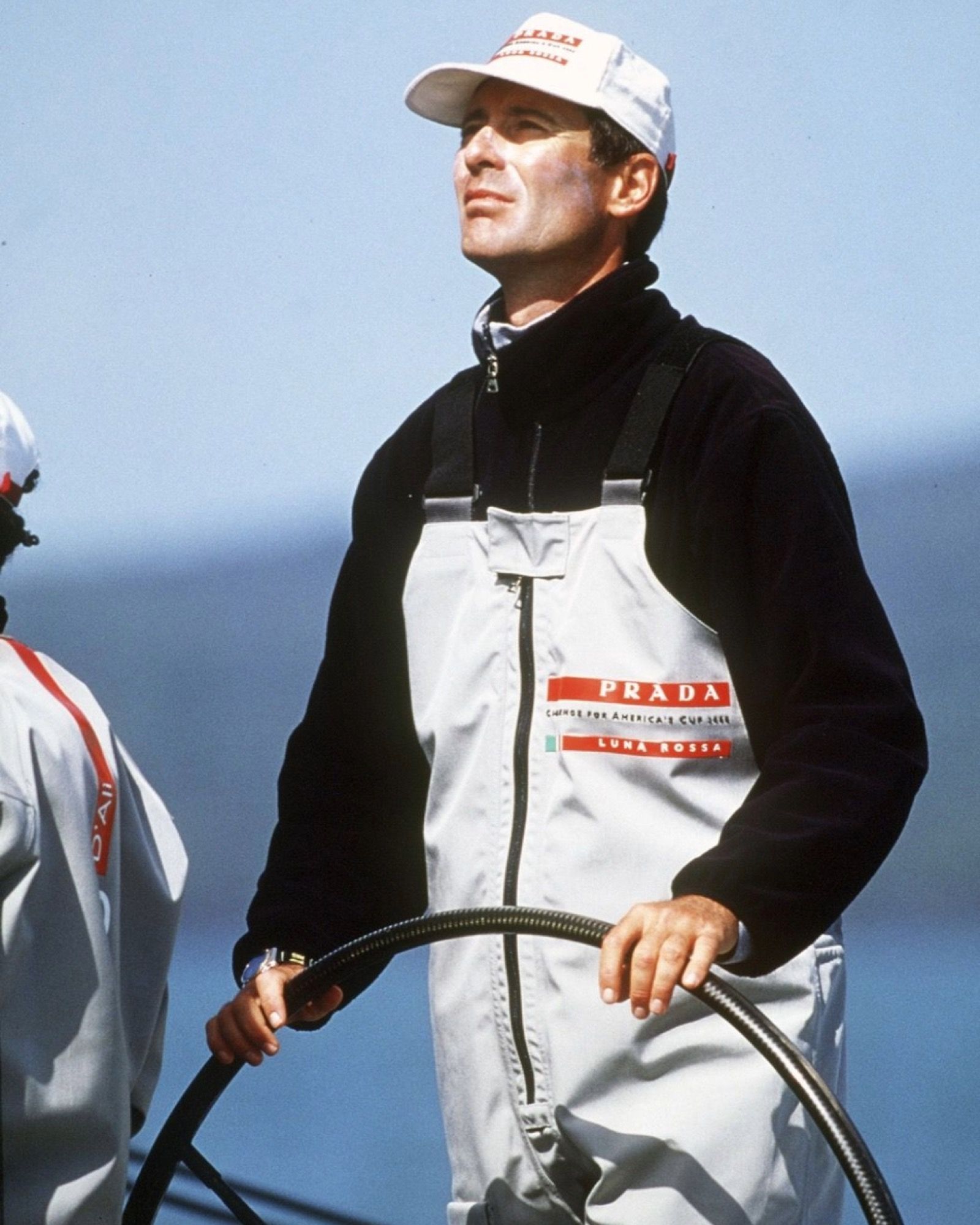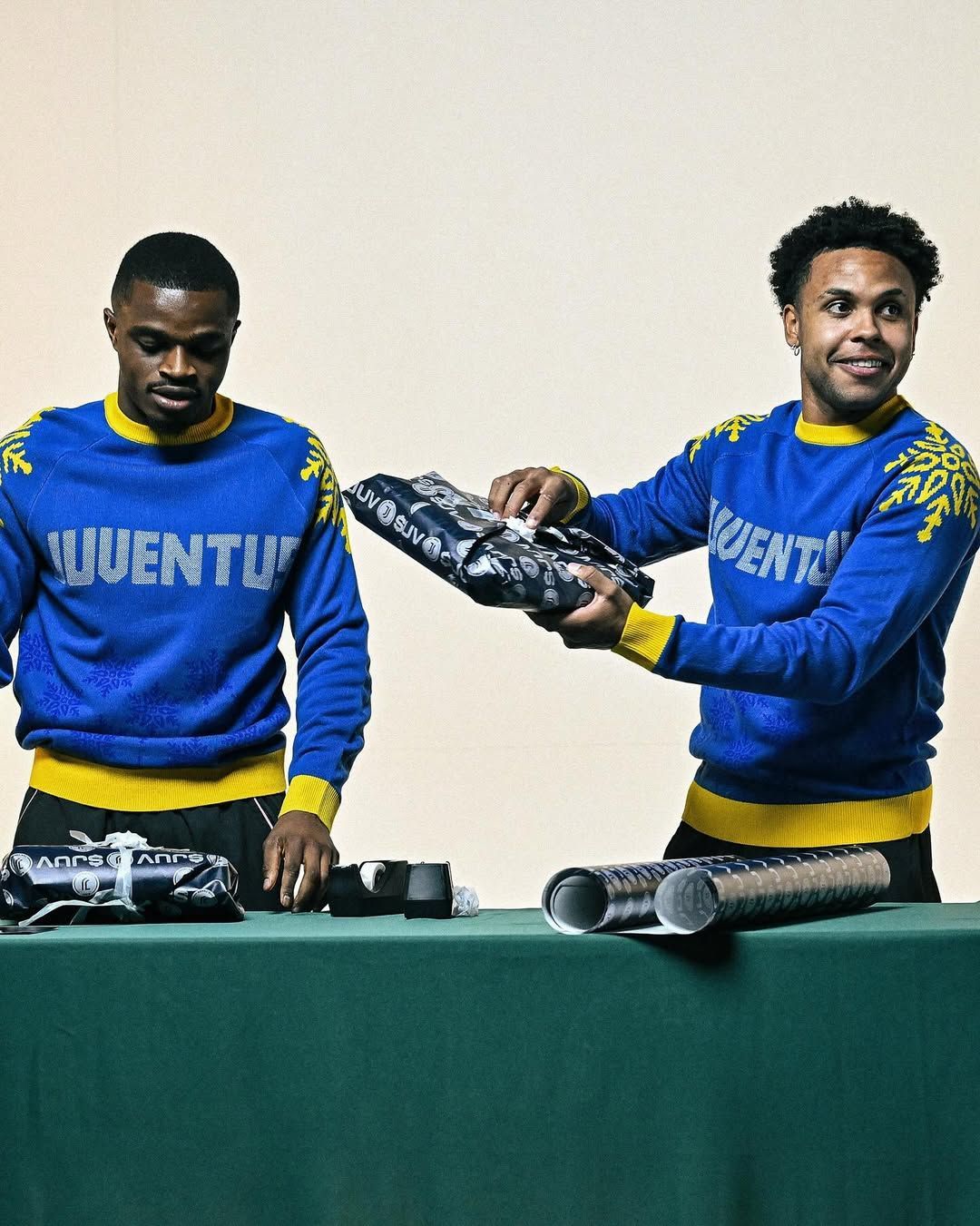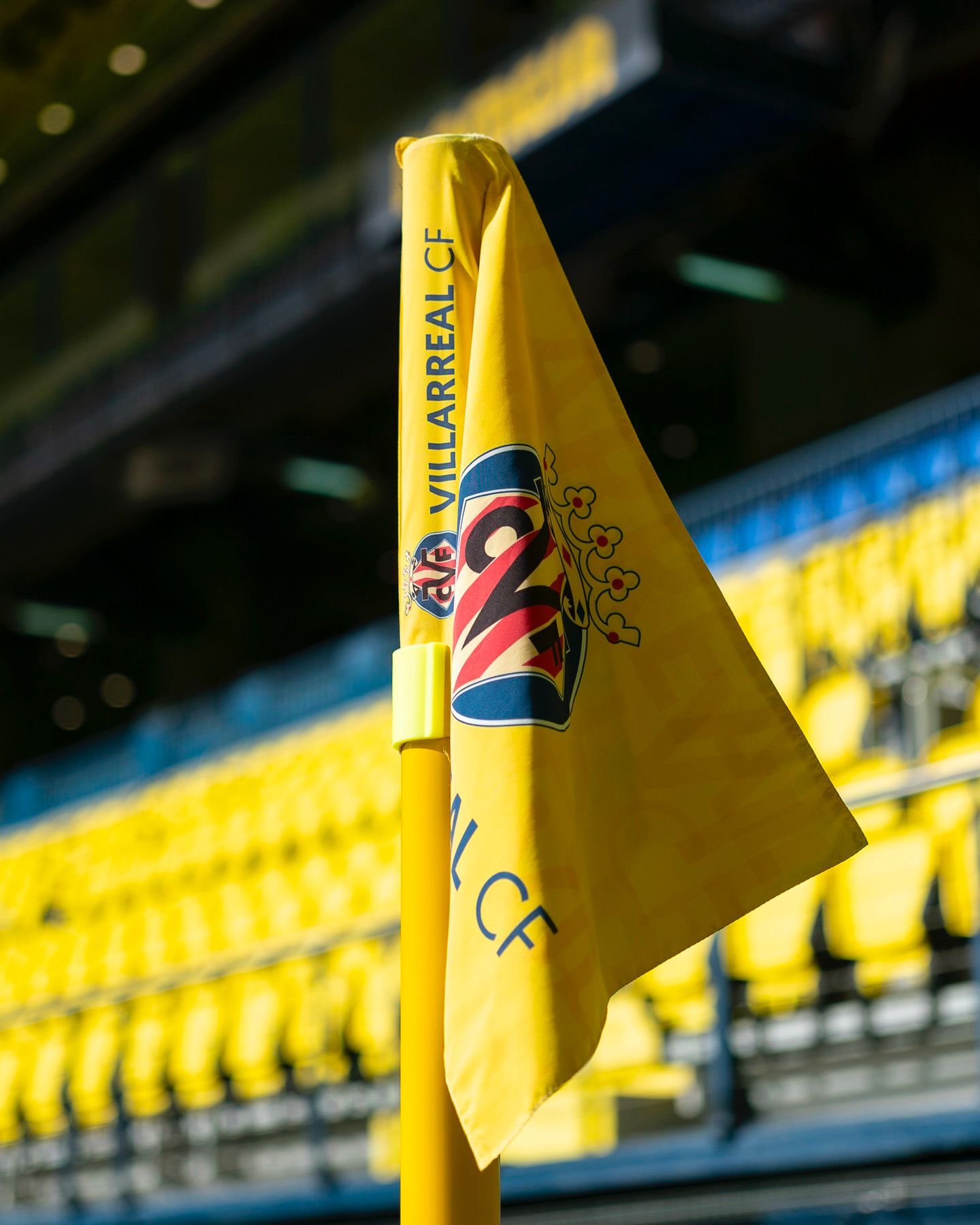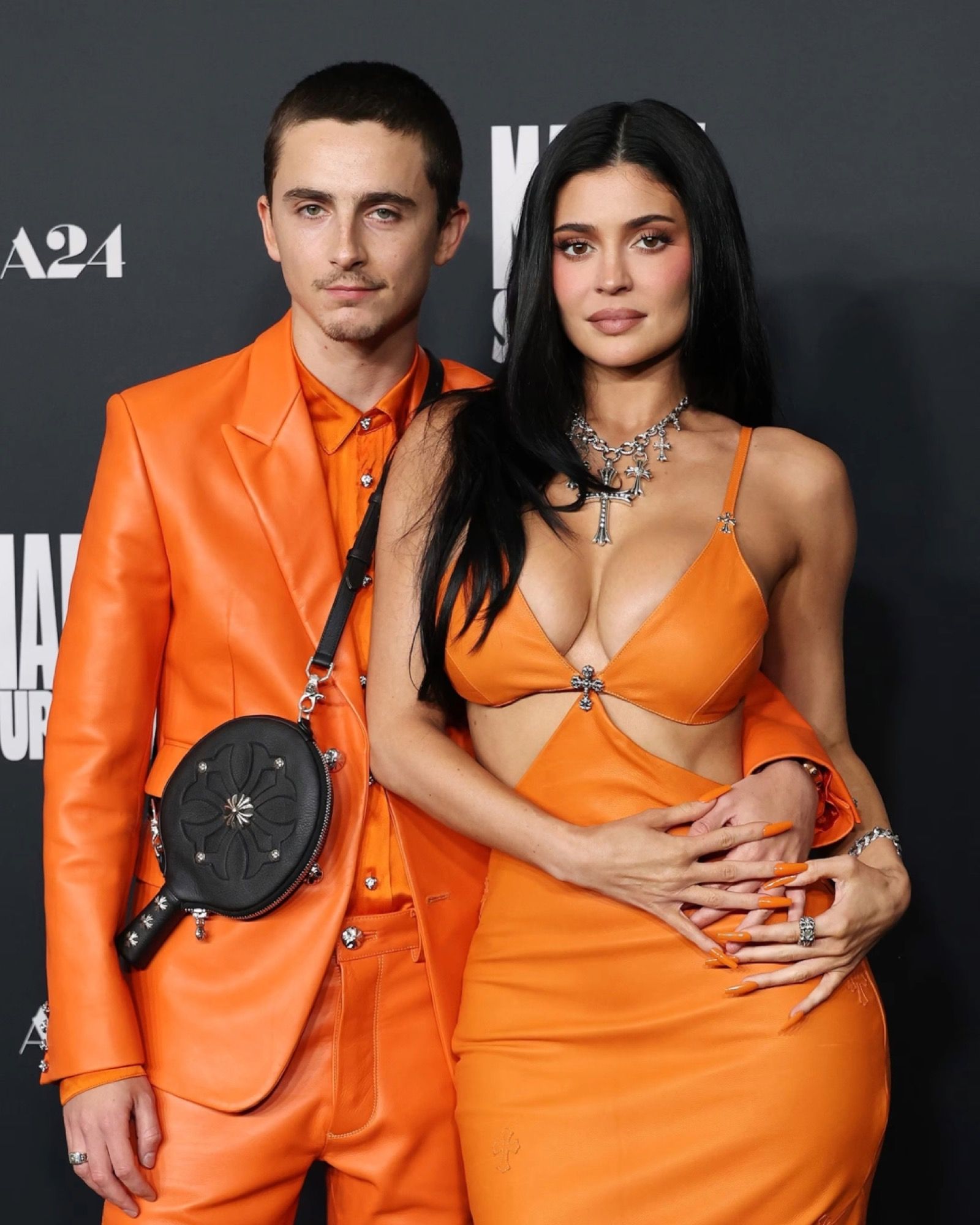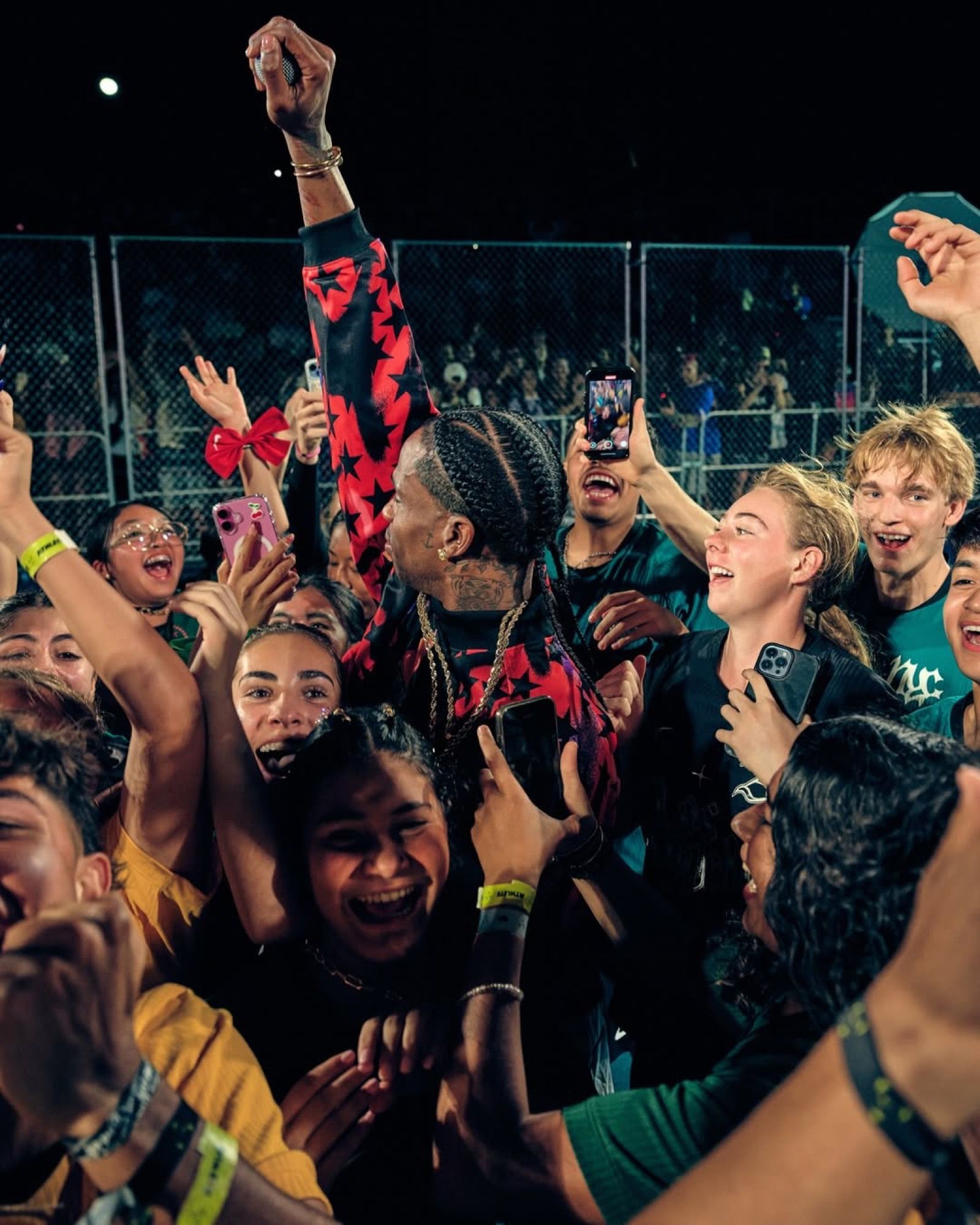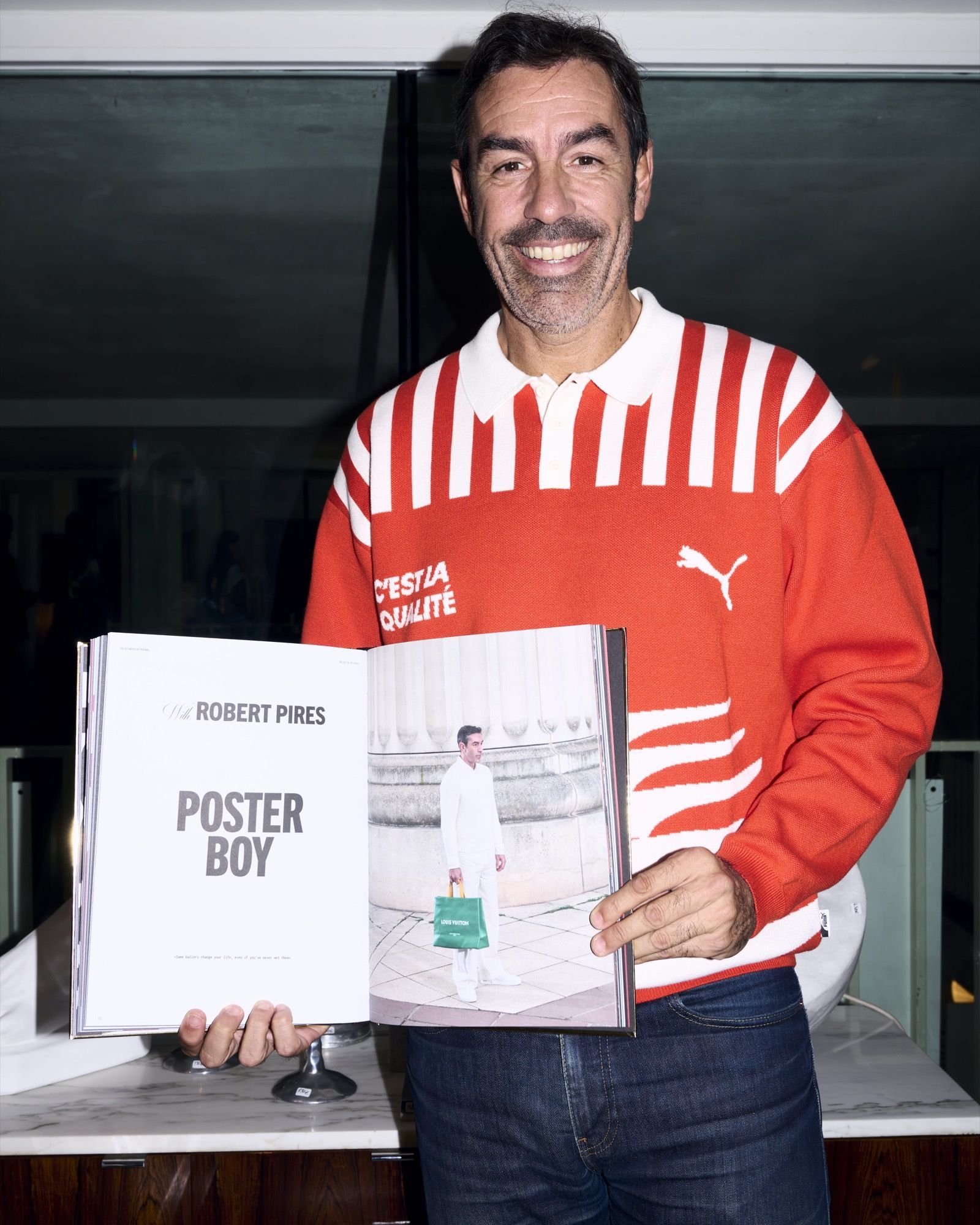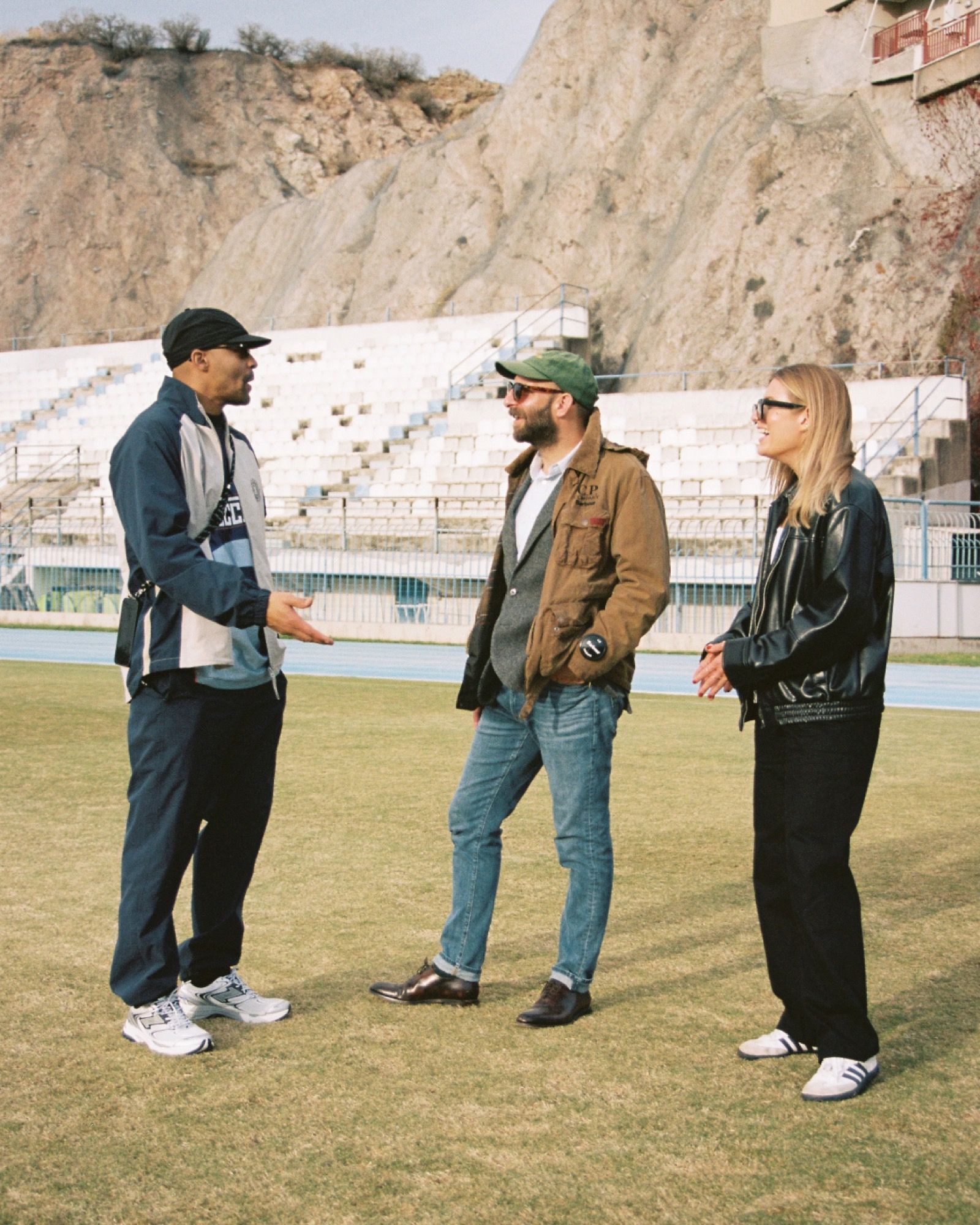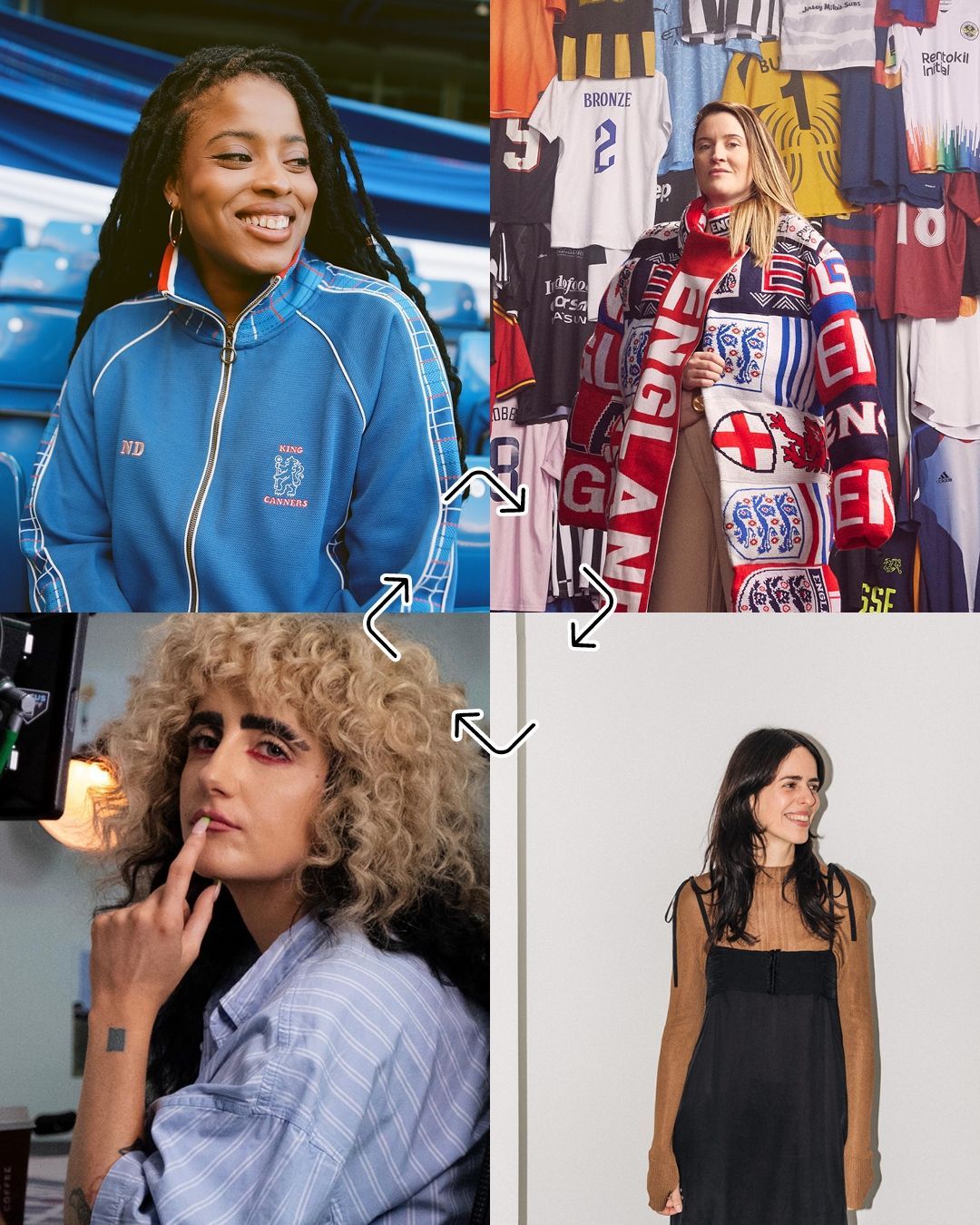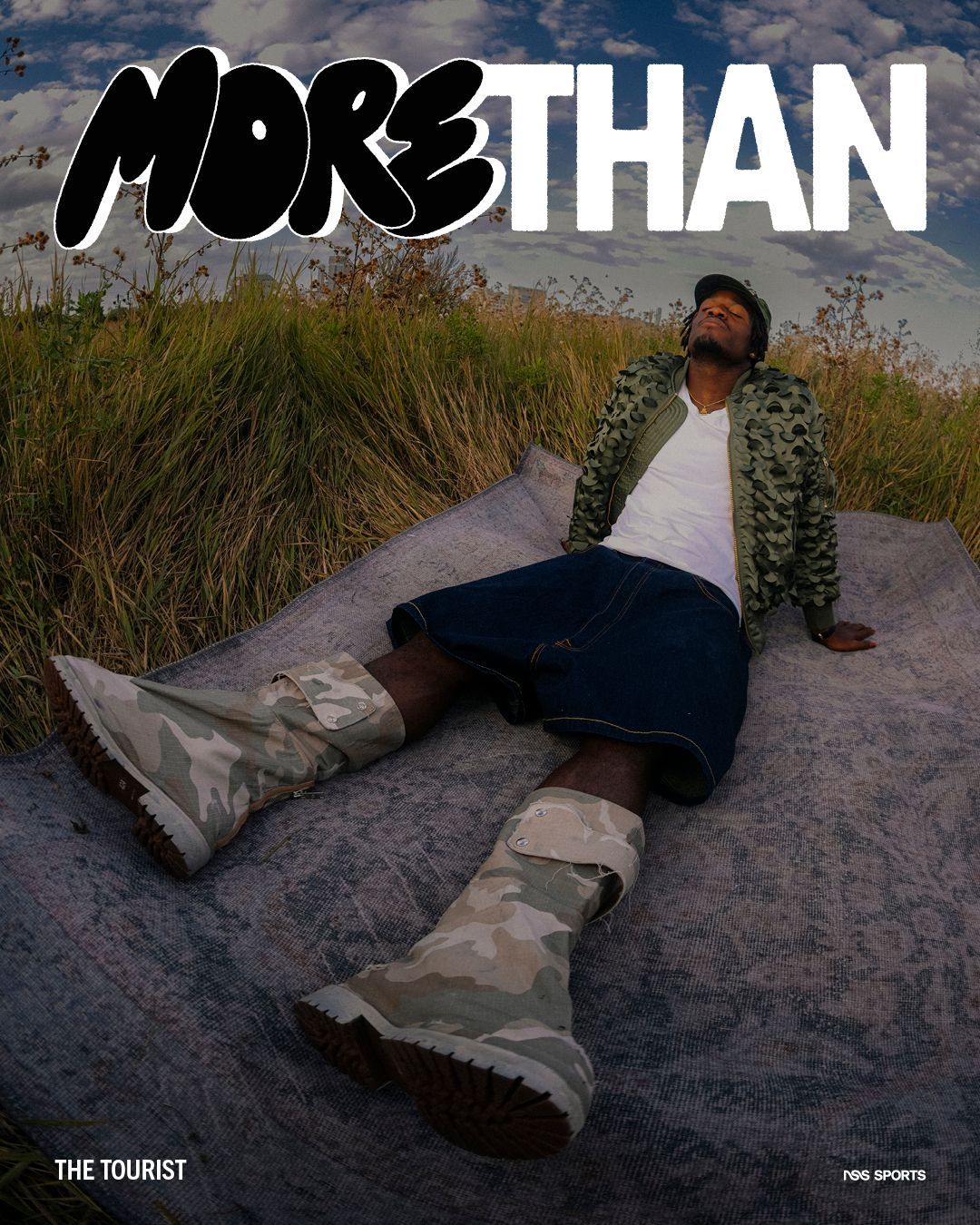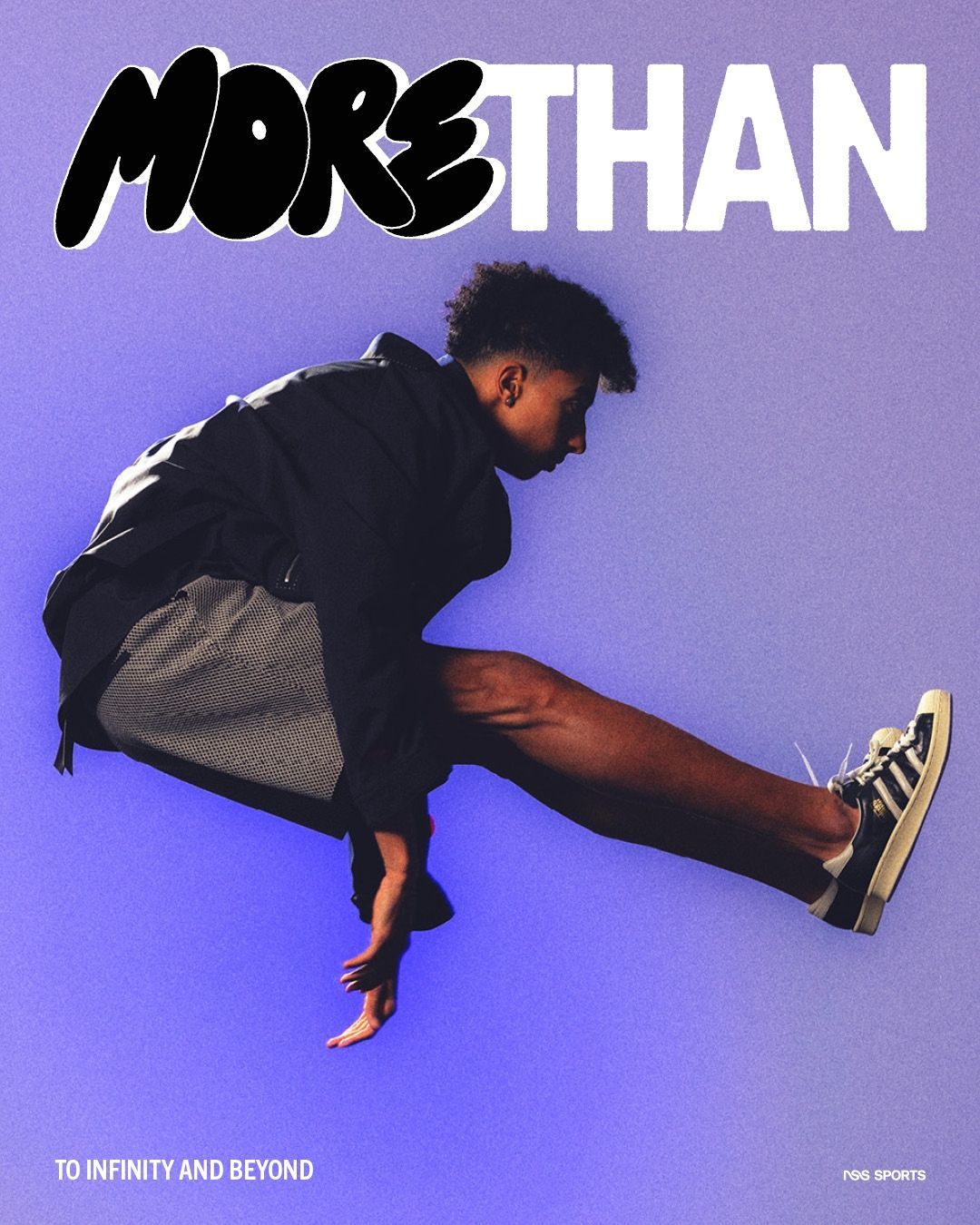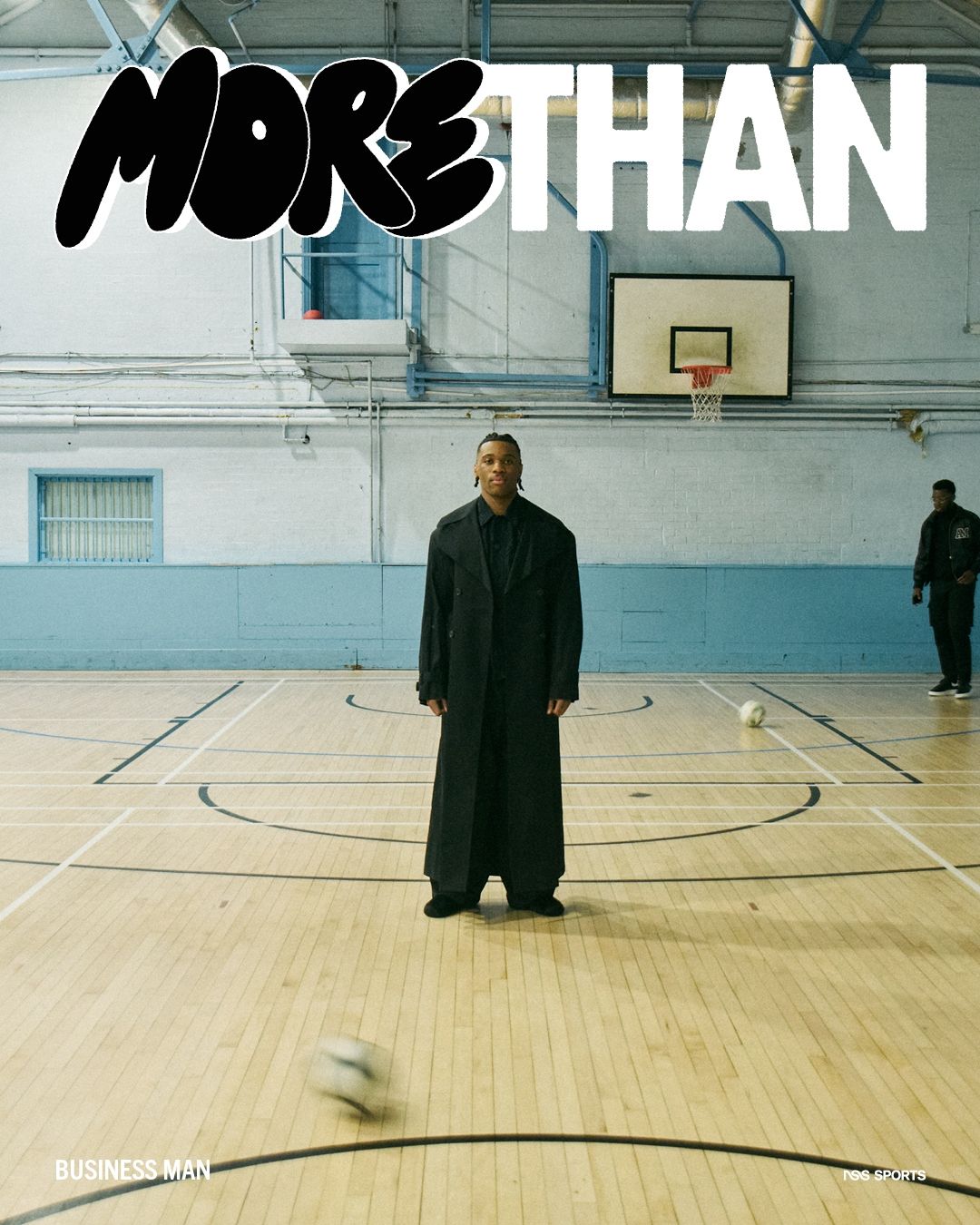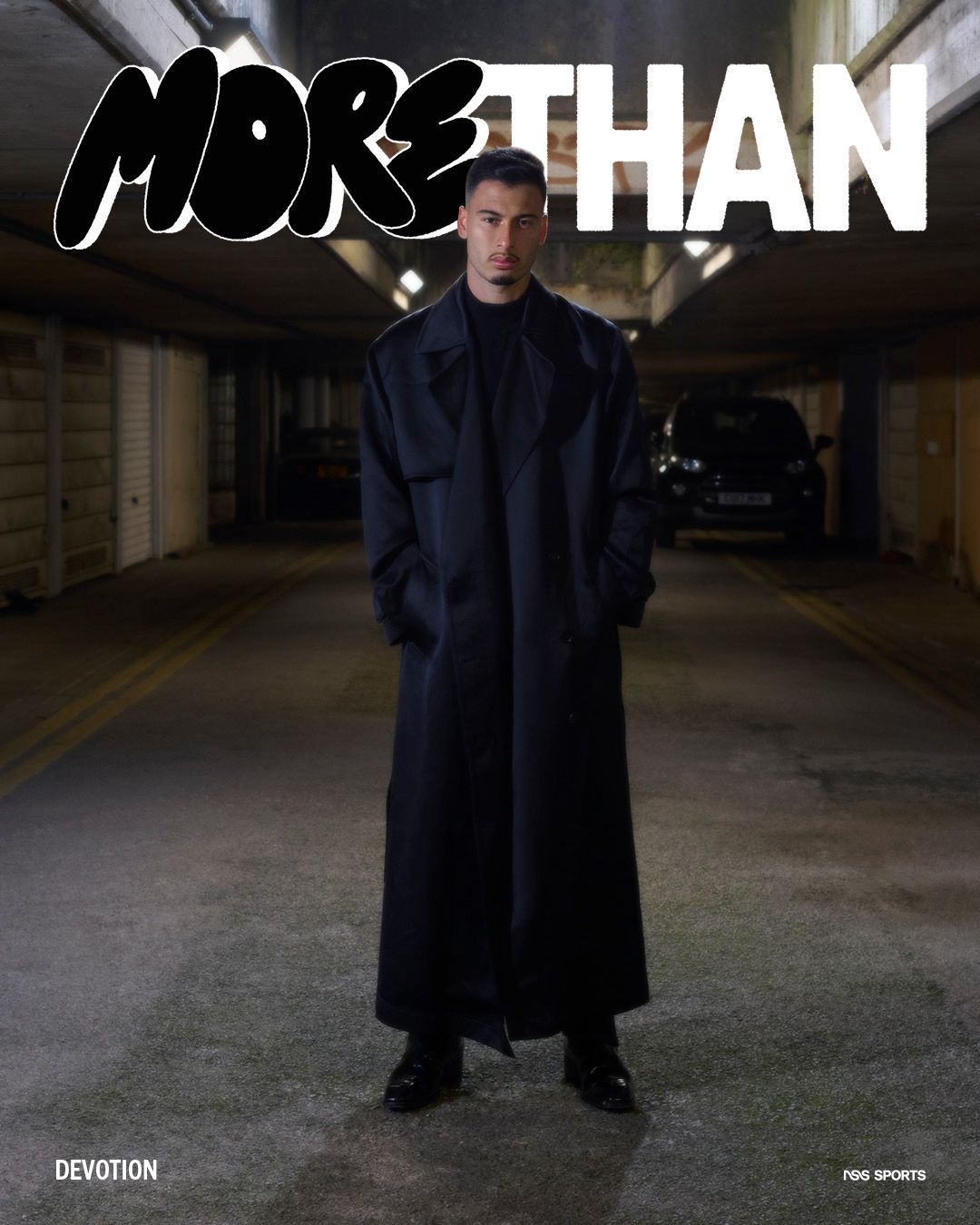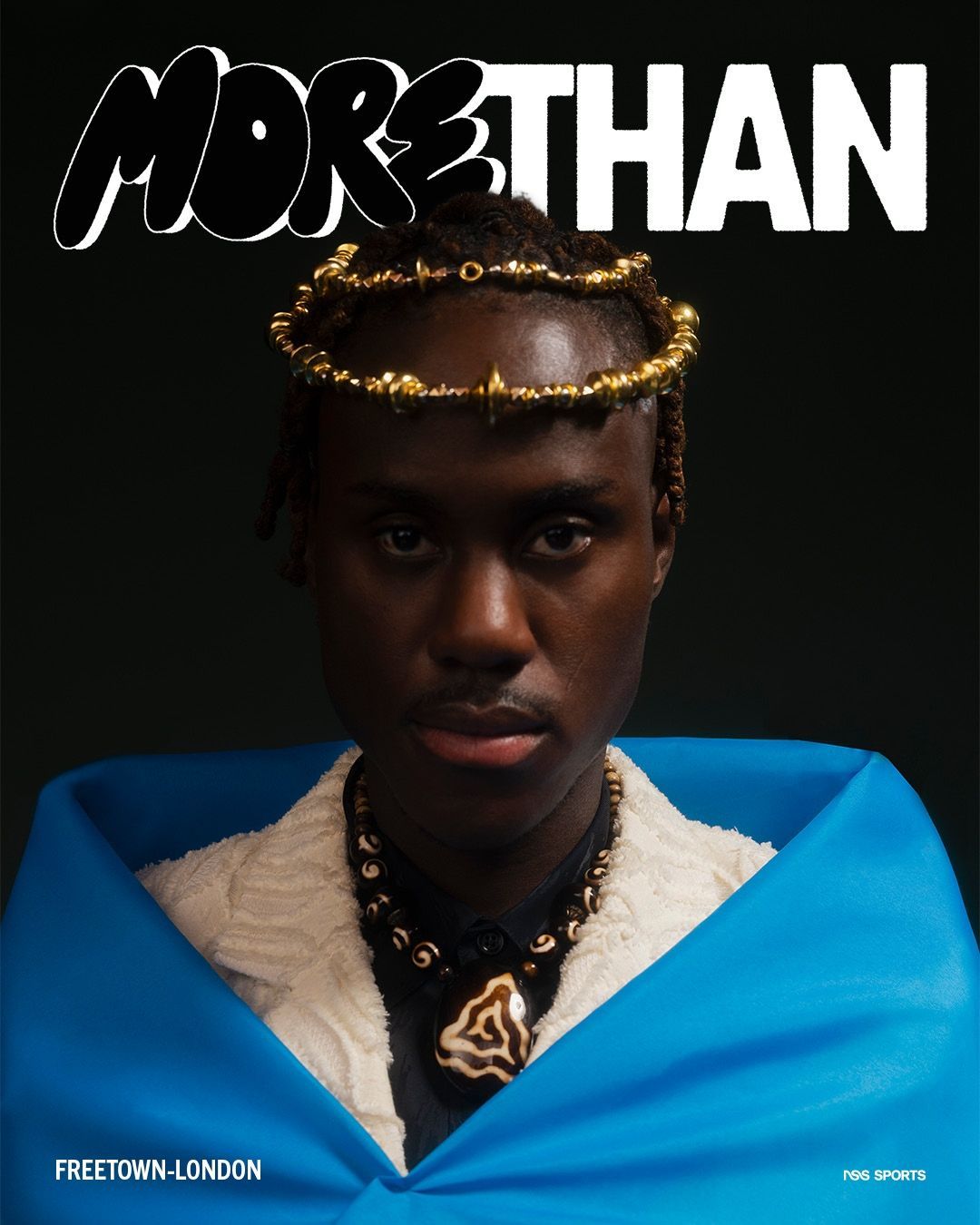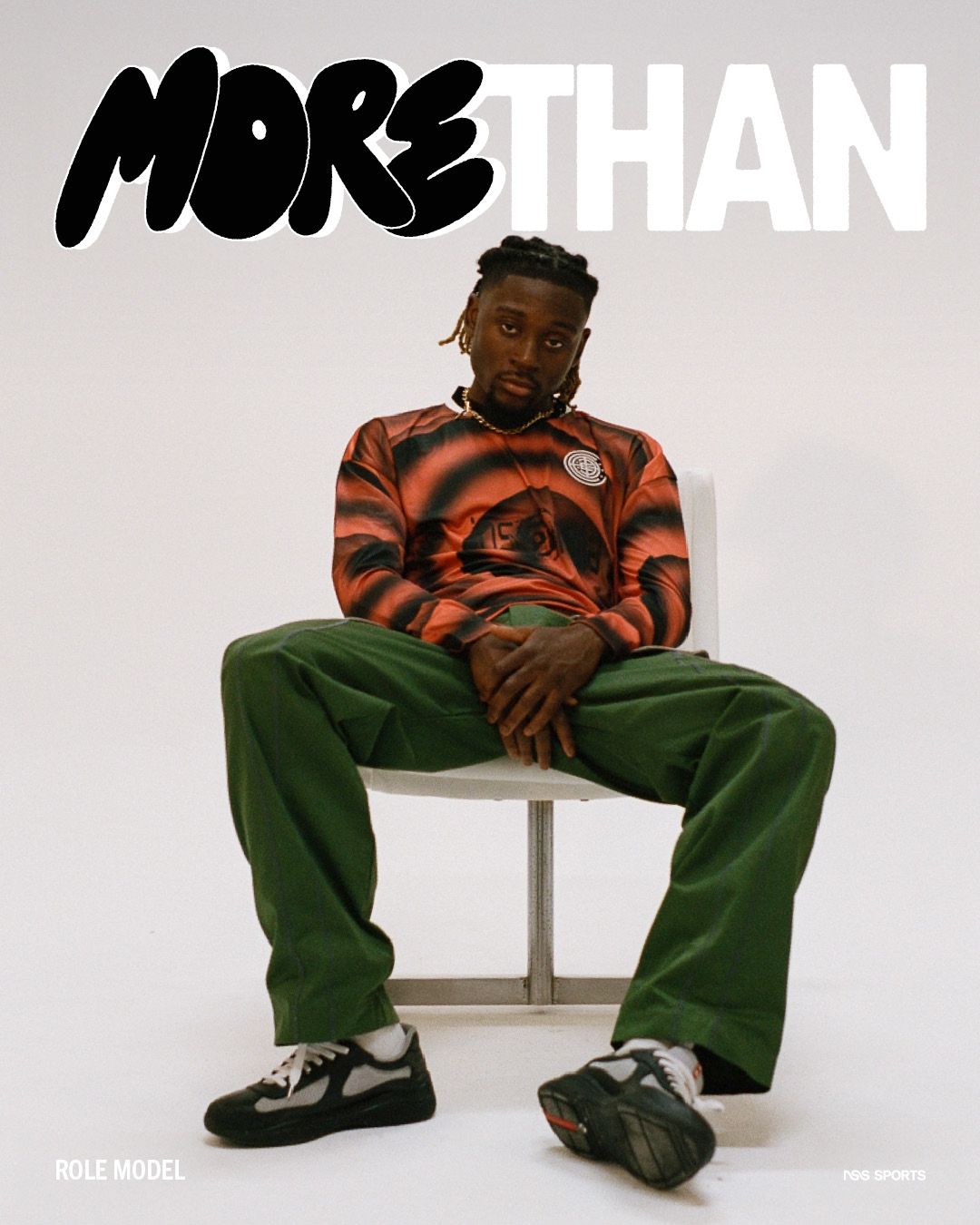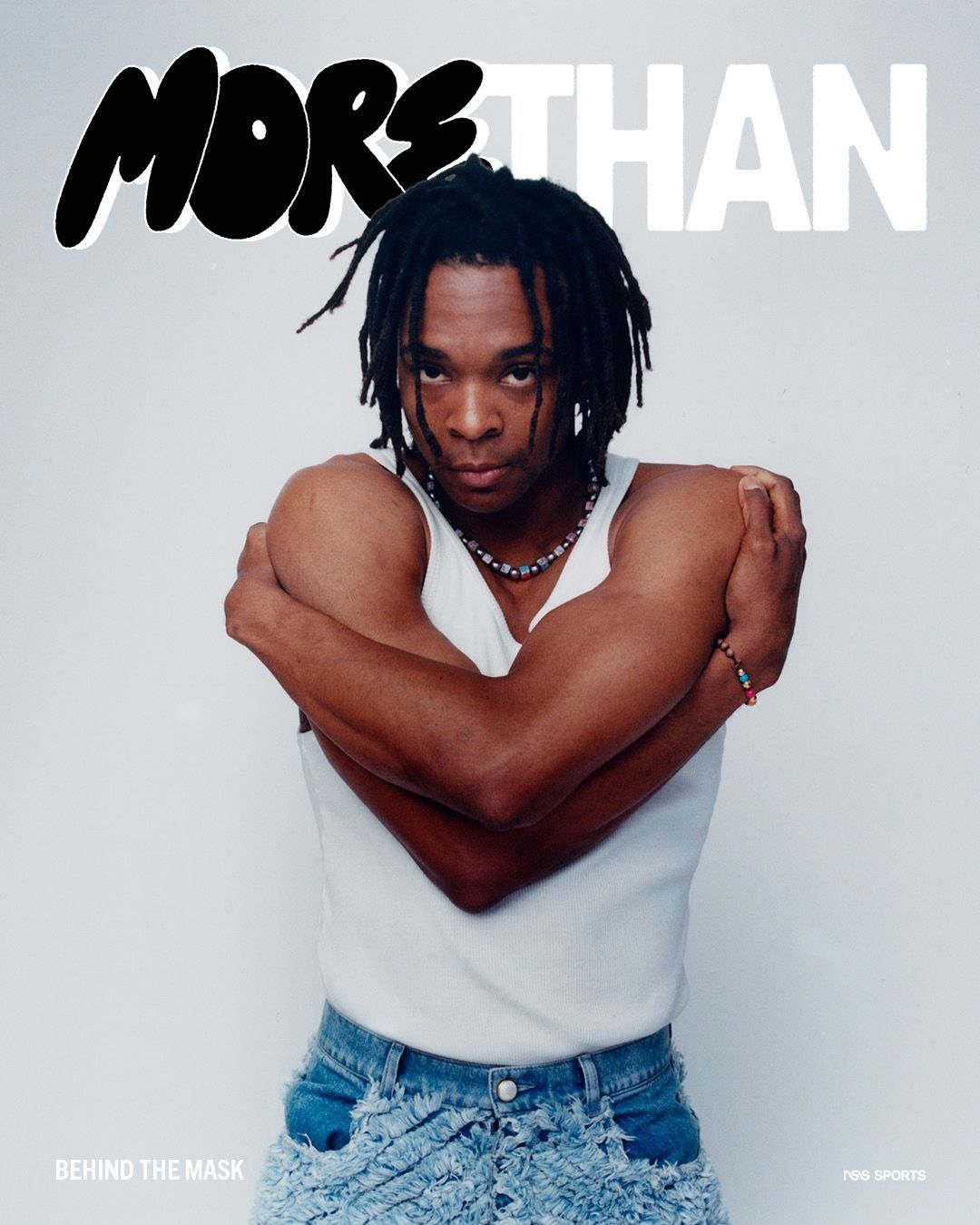
Have endorsers come to their end? According to the last data, having some of the best athletes as testimonials may not be enough to succeed
Since the world begun, we’ve always been used to associate every brand - sports or not - with the faces of VIPs, athletes, actors, influencers that represents it. The role of the endorser/testimonial has always represented a large cut of the companies’ investments and sometimes, like for the Jordan-Nike case, contributed to radically change the career of some sportsmen. The last news isn't so good for brands though, as it seems clearer and clearer how the presence of important endorsers in commercial campaigns isn’t strictly connected to an increase in the sales.
The last case has been brought to our attention by Yahoo Finance, that related Under Armour’s latest economic data with the impressive set of endorsers athletes of the American brand. Even with the relationship with some superstars like Steph Curry, Tom Brady, Jordan Spieth, Michael Phelps, Cam Newton, Lindsey Vonn, Bryce Harper, Memphis Depay, and Misty Copeland, in fact, Under Armour has had four very bad quarters in a row and was forced to run down the outlook for 2017 and register an important drop in shares value. A surprising overall data, if considered that among Under Armour’s endorsers there are an NBA two-time MVP and reigning champion, the best quarterback in the NFL, the second-best golfer in the world, other than a Hollywood star (and athlete at the same time) like Dwayne “The Rock” Johnson. And yet, according to adidas US’ CEO Mark King, “Most of the athletes at Under Armour are kind of milquetoast”.
According to King, in fact, the small part that testimonials can move nowadays - and he thinks their impact on brands’ sales is almost nothing - is made possible by a particularly creative or unbridled personality. It’s not a case, in fact, that all adidas’ latest campaigns were focused on creators, relying on cool athletes like James Harden (NBA), Paul Pogba (Football), and Carlos Correa (MLB). On the other side, Under Armour based its campaigns on athletes with undisputed sports talent, but lacking marketability personalities. A perfect example is represented by Stephen Curry’s signature shoes, now arrived at the fourth release, that never got to affirm themselves in the complex world of basketball sneakers, almost completely dominated by the Jordan Brand. The example, probably unique, of how the union between brand and an athlete can lead to the creation of a legacy that can last way after the ending of the sports career.
In fact, adidas’ bossy return on the American and global market hasn’t to be attached to the presence of strong personalities among its endorsers, but to Three Stripes’s ability on moving on the market with readiness, then relying on testimonials that could represent the philosophy of their products at their best. It will be interesting to see how Under Armour will try to rriseagain from this difficult moment and most of all, if the next months (or years) will confirm this tendency that will put aside for good - even if unlikely in permanent terms - the use of big names in commercial campaigns of the sports brands.



